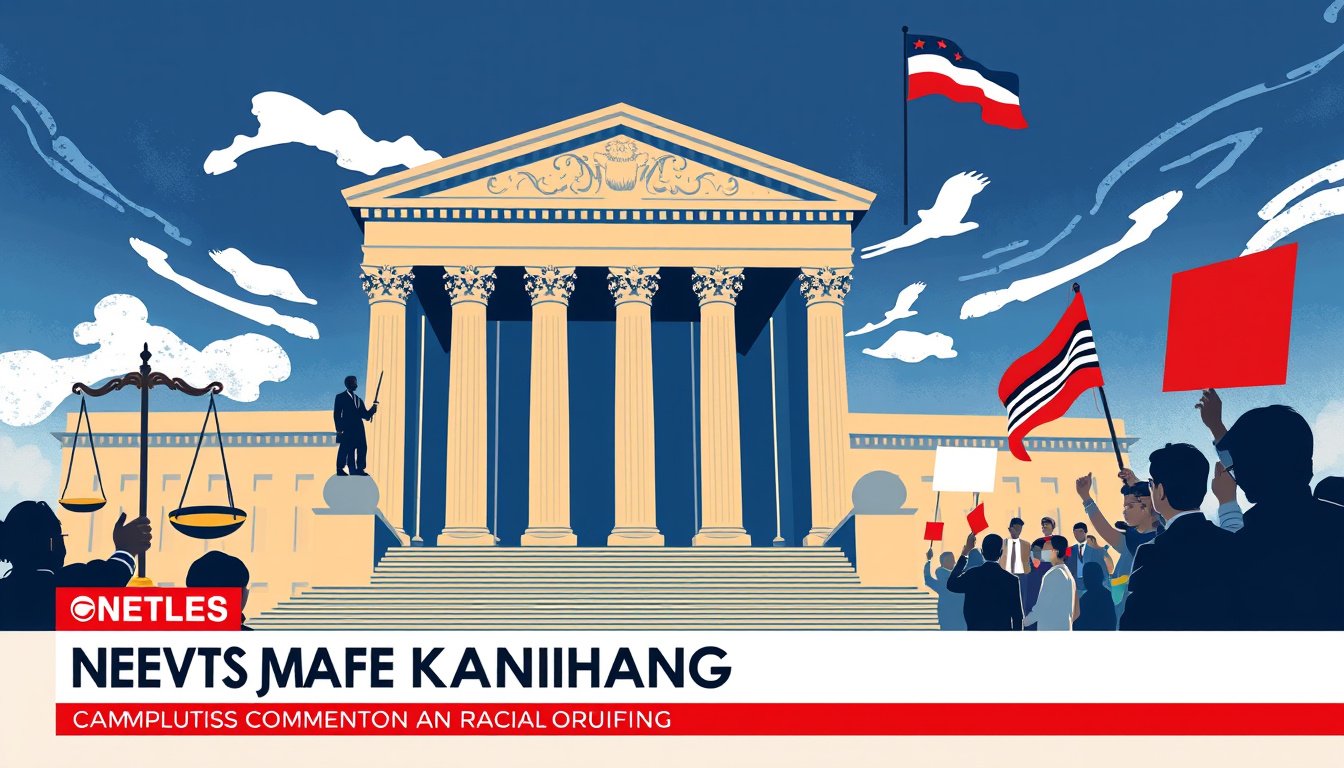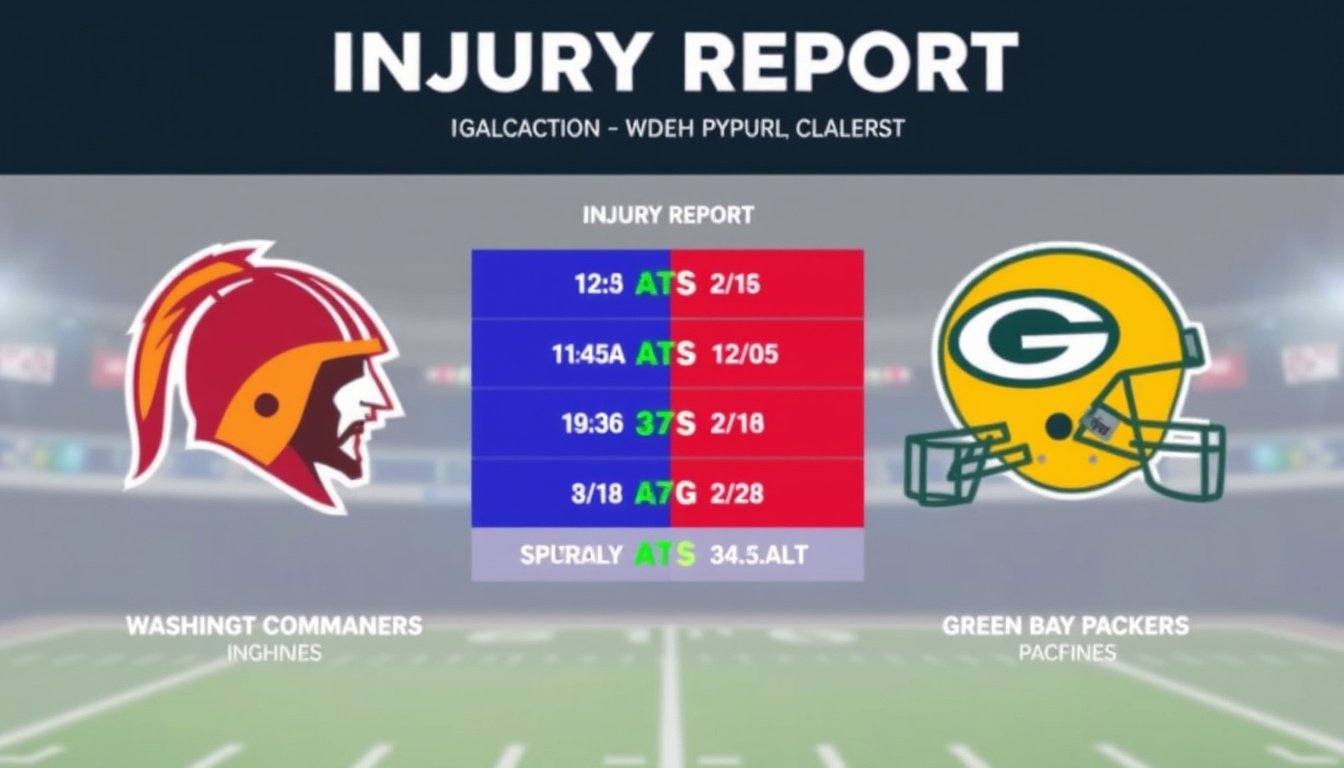In a recent Supreme Court decision that has sparked widespread debate, Justice Brett Kavanaugh penned a concurring opinion endorsing federal immigration officers’ use of racial profiling during raids in the Los Angeles area. This ruling, which effectively permitted immigration authorities to detain individuals based on factors such as speaking Spanish or appearing Latino, has been met with sharp criticism for its moral and legal implications.
The controversy centers around the Court’s conservative majority lifting a lower court injunction that had temporarily barred Customs and Immigration Enforcement (ICE) agents from relying on such profiling tactics. While the three liberal justices dissented, underscoring the constitutional dangers inherent in this practice, Kavanaugh’s opinion stands out for its troubling justification of racial profiling under the guise of law enforcement prerogatives.
Kavanaugh’s argument draws heavily on the 1983 Supreme Court case Los Angeles v. Lyons. In Lyons, the Court denied a Black man’s attempt to secure an injunction against police chokeholds, reasoning that he lacked standing to prevent future harm due to the improbability of being subjected to the same treatment again. Kavanaugh applied similar logic here, asserting that the plaintiffs—many of whom are Latino—could not demonstrate a likelihood of repeated detention. However, critics point out that unlike Lyons, where police practices were unofficial and sporadic, the ICE operations in question are overtly ordered and systematically target Latino communities, making repeated encounters not just possible but probable.
The concurring opinion also dives into balancing harms, where Kavanaugh controversially downplays the rights and dignities of undocumented immigrants and legal residents alike. He labels their interest in avoiding immigration stops as “not especially weighty,” effectively prioritizing executive authority over individual constitutional protections. This stance has been described as exhibiting casual authoritarian sympathies, glossing over the broader consequences such racial profiling imposes on nearly all Latino residents, many of whom are U.S. citizens.
Perhaps most concerning are Kavanaugh’s assurances that U.S. citizens or otherwise legally present individuals have little to fear—claiming they are quickly released upon clarifying their status. This optimistic portrayal runs counter to firsthand accounts from plaintiffs in the case, such as Jason Gavidia and Jorge Viramontes, U.S. citizens who endured violent detentions and repeated interrogations despite their lawful status. These experiential realities highlight a dangerous gap between judicial rhetoric and on-the-ground consequences.
Kavanaugh’s opinion concludes with a tepid acknowledgment of the hardships faced by many immigrants seeking better lives but ultimately reaffirms the government’s right to enforce immigration laws without substantial regard for the constitutional violations that may follow. This rationale crystallizes the Court’s troubling position: that executive enforcement power can trump fundamental rights when it serves particular political agendas.
The aftermath of this ruling and Kavanaugh’s opinion reveals a deeper, disconcerting insight into the current Supreme Court’s approach toward civil liberties and racial justice. By sanctioning racial profiling as constitutionally permissible under broad immigration enforcement policies, the Court risks entrenching systemic discrimination under the veneer of legality. Justice Kavanaugh’s comments not only trouble advocates for immigrant rights but also send a chilling message about the precarious state of equal protection under the law in today’s America.










